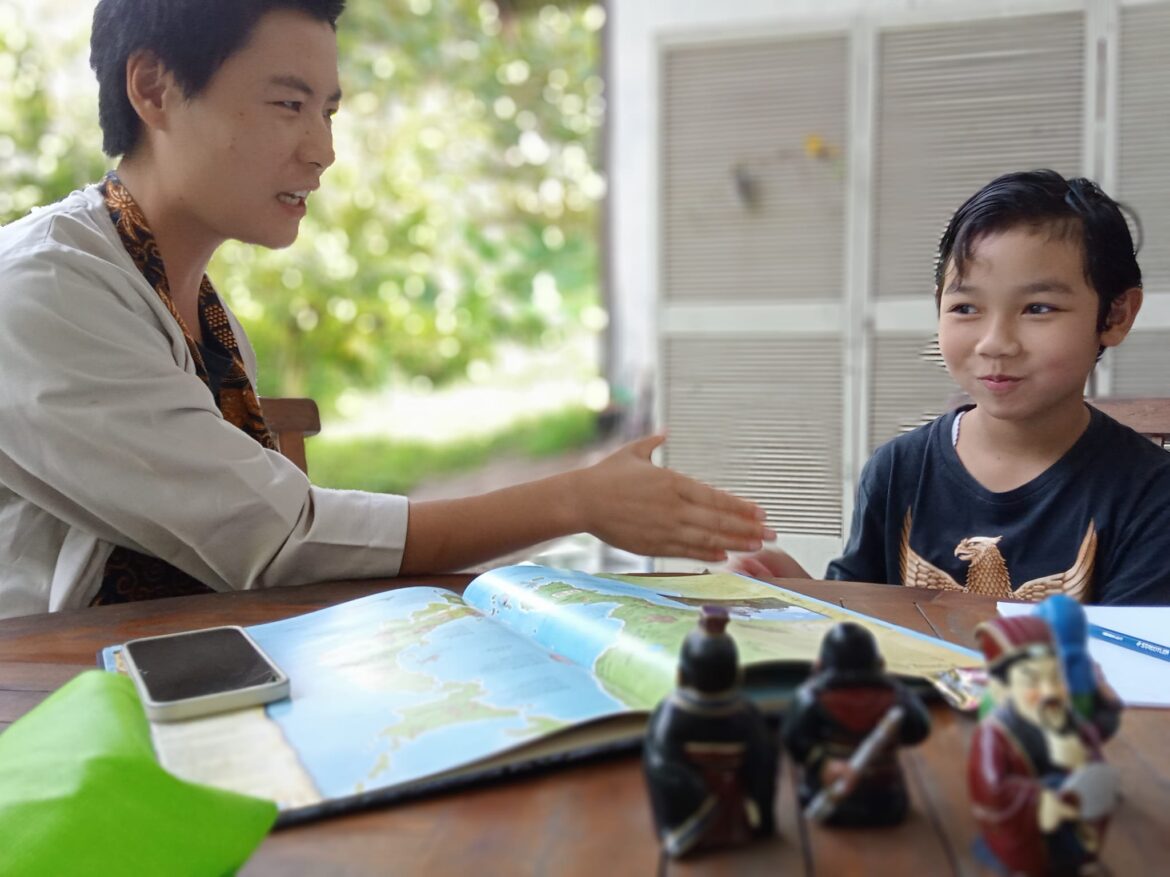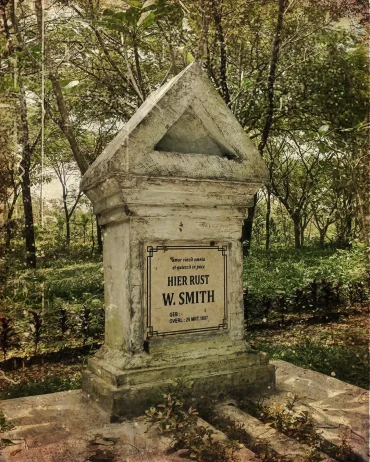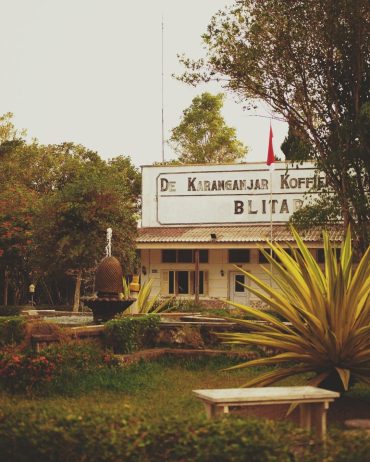Written on 03 March 2023
By: Wima Brahmantya
"Honestly, the Chinese view of Indonesia is "massacre of ethnic Chinese". Almost all Chinese people know that".
That's what Huang Li a.ka Tracy said. I'm not surprised, because I've read it on Quora. It's sad too, because it's as if we're labelled as the "Chinese slaughtering nation".
As an Indonesian I felt obliged to explain to him what had actually happened. I think "Chinese massacre" is a bit of an exaggeration, it would be more appropriate to call it a "riot".
The Nusantara's relationship with China is a long one, more than a thousand years old. In general it was a good relationship: trade, culture, and religion. Indeed, China once invaded Java, namely the Mongol army from the Yuan Dynasty, which was successfully repulsed by Raden Wijaya (whose tomb is in Blitar).
"Yes, but that was the Mongol Yuan Dynasty. Not Chinese Han," said Tracy.
Yes, that's why I said the relationship was generally good, until the Dutch Colonial era. That's where the Indigenous and Chinese began to be divided. They were divided into classes. The Dutch and other Europeans in the top class, the Chinese in the second class, and the Natives in the third class. In terms of business, the Dutch wanted to deal with the Chinese. Because of this policy, the Chinese felt privileged, and they enjoyed that status.
Even so, the first "Chinese massacre" was actually carried out by the Dutch Colonial Government in the 1740 Angke Tragedy by Governor General Valckenier. Around 10,000 Chinese were massacred. After that many Chinese fled to Java, and later joined Prince Sambernyawa to fight the Dutch.
The class division continued for two centuries, with Indigenous people subordinated to Chinese and Europeans. It's no wonder then that the policy fostered social jealousy in the hearts of the Indigenous people.
After the Proclamation of Independence in 1945, Chinese attitudes were divided. Some of them supported the Republic of Indonesia, namely from the PITI group led by Liem Koen Hian. But others did not support the Republic, and even helped the Dutch. This was because they were worried that their shops would be looted by the natives, and they would lose their privileges as they had in colonial times.
The pro-Dutch group even formed a security force called "Po An Tui". Its original mission was to protect Chinese-owned assets from looting, but it went too far in fighting the Republican Army. This is what made the Natives at the time hate the Chinese even more. Even though some Chinese people also fought for independence. Like the proverb "because of a speck of indigo, the milk spoils the whole milk".
"Well, from China's perspective, having your own army is not justified. We can't imagine the Uighurs or Tibetans having their own army," said Tracy.
After the 1965 Gestapu, the Chinese suffered tremendous discrimination from the regime that repressed their identities, such as their names and holiday celebrations. The regime also froze diplomatic relations with China in 1967, in an attempt to eradicate communism from Indonesia.
"What? There is a Communist Party in Indonesia?" she was shocked. Tracy had no idea that the PKI was once one of the biggest parties in Indonesia.
Then we come to the talk of the 1998 Riots, which is probably the moment highlighted by Chinese citizens. I don't think it needs to be discussed specifically, many of us already know, because the tragedy has not happened long ago.
I had to explain to Tracy that the riots were not spontaneous. It was clearly planned by a group that wanted the Soeharto regime to fall, and as history has shown, the Chinese have always been easy targets.
Then I told him how Abdurrahman Wahid a.ka Gus Dur rose to become President of Indonesia. He was the first and only president from among the ulama.
"Is it going to be harder for the Chinese in his time?" asks Tracy.
"On the contrary. It was during Abdurrahman Wahid's time that the Chinese were restored to their status. Ethnic Chinese are considered part of the Indonesian nation, they may use Chinese names if they wish, and may celebrate Chinese New Year."
After being shocked that Indonesia had a communist party, Tracy was again wide-eyed. Because in their mindset, religious leaders will tend to be fanatical, but here it can be a different story.
"So now you know that there is a long history of Chinese and Indigenous relations here. There is a cause and effect. And the culprit is always politics. But we are definitely not the 'Chinese slaughtering nation' that you think we are," I said.
"Then how is she now?"
"You can see for yourself, we are generally fine. I am married to a Chinese person. In this company there are also some Chinese people and we can work together well without any discrimination...
.. but I will not deny that discrimination still exists, and is practised by both parties. The hatred is also still there, and can get heated at any time during an election. But in general I think Chinese-Indigenous relations here are pretty good, certainly better than our neighbour Malaysia. Most Chinese here feel more Indonesian than their country of origin, although there are still racists."
"Thank you for the explanation. Apparently the story is not as understood in China. I guess I'll have to explain this back to the family there".
Closing from me: "We cannot change the past. What has happened has happened. Now it depends on how we will build a life in the future...
... what is certain is that both parties, both Indigenous and Chinese, must introspect themselves and realise that we have the same responsibility to advance this nation."
"Okay, now it's time for me to teach this Chinese-Javanese mulatto now," Tracy said as she greeted "ni hao" to the Nusantara guardian.







